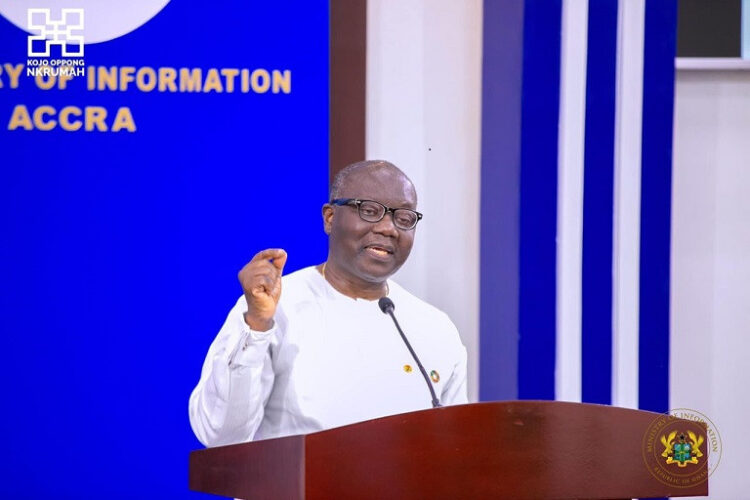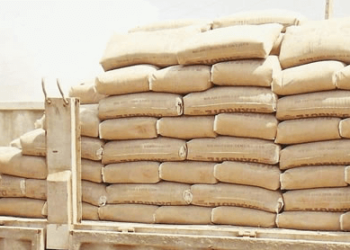The International Monetary Fund (IMF) and Ghana have reached a staff-level agreement on economic policies and reforms to conclude the first review of the country’s three-year programme under the Extended Credit Facility.
This agreement is subject to approval by the IMF’s Executive Board and receipt of necessary financing assurances.
The IMF has praised Ghana’s strong policy and reform commitment under the programme, which is bearing fruit and leading to signs of economic stabilization.
In a report, the IMF noted that Growth in 2023 has proven more resilient than initially envisaged, inflation has declined, the fiscal and external positions have improved, and the exchange rate has stabilized.
The IMF has also noted Ghana’s strong fiscal performance under the programme, with the country on track to lower the fiscal primary deficit on a commitment basis by about 4 percentage points of GDP in 2023.
According to the IMF, spending has remained within programme limits, and the authorities have significantly expanded social protection programmes to help mitigate the impact of the crisis on the most vulnerable population.
On the revenue side, Ghana has met its non-oil revenue mobilization target. Ambitious structural fiscal reforms are bolstering domestic revenues, improving spending efficiency, strengthening public financial and debt management, and enhancing transparency.
The IMF has urged official creditors to move forward and agree on an appropriate debt treatment for Ghana in line with the financing assurances they provided in May 2023 as this was a critical next step to ensure that Ghana can continue to make progress on its economic reform programme.
“Ghana will have access to about US$600 million in financing once the review is approved by IMF Management and formally completed by the IMF Executive Board. To ensure the timely completion of the review, the country needs official creditors to quickly reach an agreement on a debt treatment in line with the financing assurances they provided in May 2023.
“The authorities’ strong policy and reform commitment under the program is bearing fruit, and signs of economic stabilization are emerging. Growth in 2023 has proven more resilient than initially envisaged, inflation has declined, the fiscal and external positions have improved, and the exchange rate has stabilized.”
Source: Citinewsroom







![Ghana's Trade of Vulnerability: Rise of Imports, Fall of the Cedi [Part 2]](https://rggnews.com/wp-content/uploads/2024/06/1200x800-350x250.jpg)








